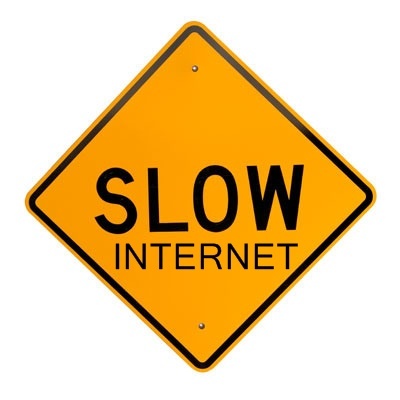
Voice & Viewpoint Newswire
WASHINGTON – In formal comments filed last week with the Federal Communications Commission, The Greenlining Institute and six other groups urged the FCC to stop the “new redlining” and protect network neutrality by reclassifying broadband Internet service as a Title II telecommunications service and making the interests of consumers its top priority. The Commission had requested public comments (extending the deadline due to high volume) as it considered possible rules – and after Chairman Tom Wheeler floated the idea of tiered pricing, in which companies could pay extra for “fast lane” Internet service.
“This discussion has focused way too much on big companies like Netflix, Amazon, and Internet service providers, and not nearly enough on ordinary consumers,” said Greenlining Institute Energy and Telecommunications Policy Director Stephanie Chen. “There is a real possibility that the wrong approach will create a new redlining, relegating communities of color and people with low incomes to Internet slow lanes and giving a permanent advantage to the wealthy and powerful.”
The comments were jointly filed by The Greenlining Institute and the Asamblea de Derechos Civiles de MN, Global Action Project, Media Literacy Project, Minnesota Center for Neighborhood Organizing, The People’s Press Project and Urbana-Champaign Independent Media Center. Issues highlighted include:
Discrimination: Because of the nation’s large and growing racial wealth gap, any regulatory scheme that allows tiered pricing would disproportionately relegate communities of color to Internet “slow lanes.” In a society already plagued by inequality, this would make a bad situation worse. “In any type of tiered Internet scheme,” the comments state, “people of color will disproportionately find themselves at the bottom.”
Freedom of Speech: Without network neutrality, freedom of speech and expression for all would be in peril, but again this would disproportionately harm people of color, who are highest users of social media in order to advance political and social discourse and tell their own stories. Citing current online campaigns opposing the proposed Comcast/Time Warner merger, Greenlining argues that the Commission needs to seriously consider the irreversible harms consumers will experience if carriers become the gatekeepers of what is and is not said over the Internet.


